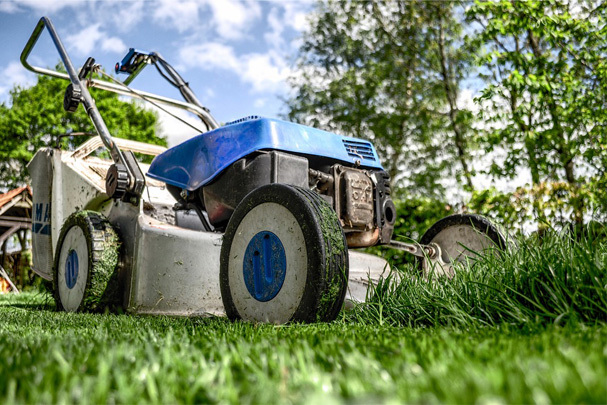
Running a successful gardening business is no easy task. It’s physically demanding, and often unpredictable, and requires a van that can keep up with you every step of the way.
Your van isn’t just getting you from A to B, it’s your mobile base. It carries your equipment, keeps your tools secure, and might even double up as a place to grab a quick lunch between jobs.
That’s why it's important to choose something reliable, fuel-efficient, and with enough space to handle whatever the day throws at you.
To make your decision easier, we’ve pulled together five of the best vans for gardeners in 2025. Whether you’re a local gardener with a handful of jobs or managing a large estate, there’s something for everyone. We discuss:
Choosing a van for your business is a big decision, and if done correctly, this van could steer your business in the right direction!
Before jumping into the list of the best vans, it’s worth thinking about what a good gardening van needs to offer:
- Generous load space - This is arguably the most important. You’ll need enough space for your tools, lawnmowers, soil, plants, and equipment.
- Payload - If you’re going to be carrying a lot of equipment, you’ll need a strong payload.
- Easy access - Side doors and low loading heights make a huge difference. They also go a long way in keeping you fit and healthy and taking the strain off your body.
- Running costs - It’s expensive to run a business in 2025, so anywhere you save money is greatly appreciated. Good fuel economy or electric options keep van running costs low.
- Reliability - If your van is off the road, you’re out of pocket, so you’ll need a van you can trust.
“When choosing a van, always think ahead. It’s better to have extra space and flexibility than find yourself and your business outgrowing it within a year.”

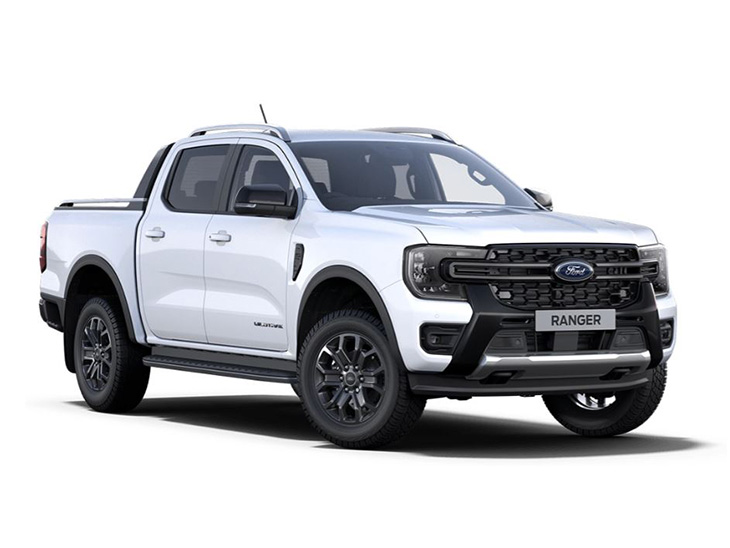
1. Ford Ranger
First up is a slightly different option, the Ford Ranger. Technically, it’s not a van, it’s a pick-up truck. The reason for its inclusion is that it’s one of the most versatile vehicles on the market and a great choice for gardeners who need something that does a bit of everything.
For small gardening businesses or sole traders, the Ranger offers plenty of practicality. It has a healthy payload of up to 1,200kg, enough for all your handheld tools and daily essentials.
If you need to tow a small trailer, no problem. The Ranger offers an impressive towing capacity of up to 3,500kg, so you’ll have no trouble hauling larger loads when needed.
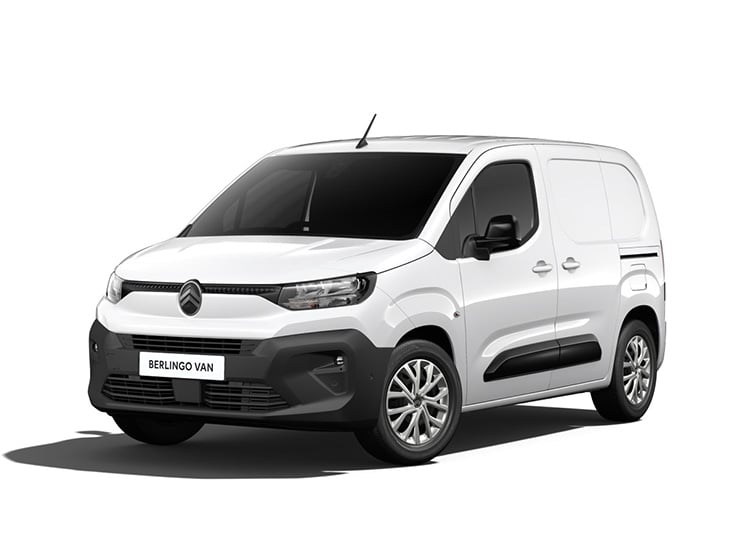
2. Citroen Berlingo
The Berlingo has long been a favourite among tradespeople, and it's not hard to see why. Compact, practical, and easy to drive, it’s one of the best small vans around and is a great choice for gardeners working in towns and cities.
Tight streets and awkward parking spots are no problem, and with a payload of up to 1,00kg and a load volume of up to 4.4m3, it offers plenty of space for tools and equipment.
Loading and unloading is straightforward, too. The rear doors swing open 180 degrees for easy access, and the side sliding doors make life easy when parked in a tight driveway.
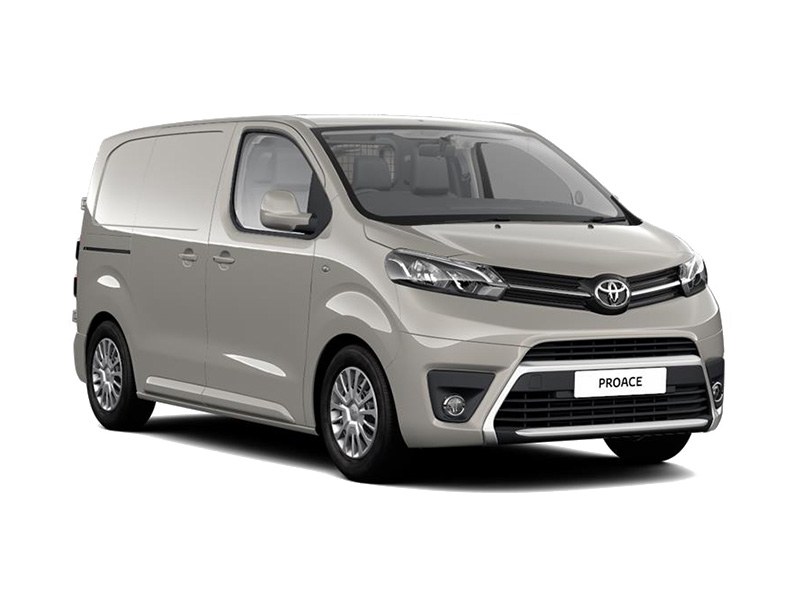
3. Toyota ProAce
If peace of mind and rock-solid reliability are at the top of your list, look no further than the ProAce. Built to go the distance, it comes with a choice of efficient electric or diesel engines, plenty of practical features, and an impressive warranty.
The Medium version offers a payload of just over 1,000kg, while the larger Long model steps it up to between 1,200kg and 1,400kg. Load space is generous too, with up to 6.6m3 available in the Long.
Thinking about going electric? The ProAce Electric offers all the same practical benefits, with a choice of a 50kWh or 75kWh battery, returning up to 217 miles of range.
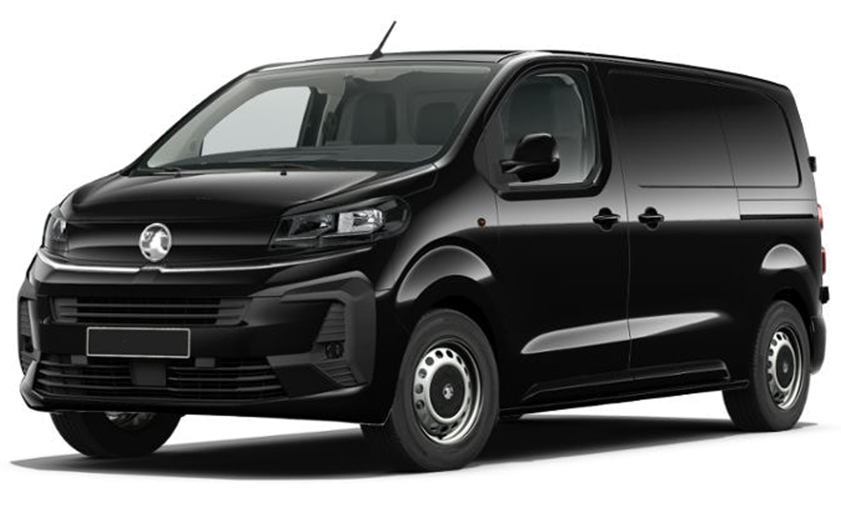
4. Vauxhall Vivaro
If you’re after a no-nonsense van, take a look at the Vivaro. A mid-sized van that’s garnered a great reputation over the last few years, it perfectly balances practicality, running costs, and load space.
Depending on the mode, the Vivaro offers a payload of up to 1,400kg and up to 6.6m3 of load space, giving you plenty of room for heavy gardening equipment and supplies.
Day-to-day practicality is also covered thanks to twin sliding side doors and wide-opening rear doors, making access to the rear relatively straightforward. It’s also available with a variety of useful extras, including roof racks, bulkheads, and clever interior storage solutions.
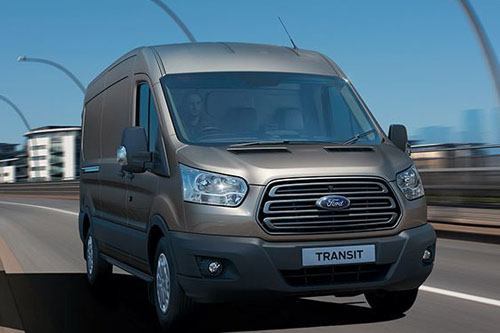
5. Ford Transit MWB
When small vans just won’t cut it, up step the Ford Transit. The go-to for tradespeople who need maximum space and capability, it’s built for hard work and big jobs.
The largest van on the list, the Transit certainly delivers when it comes to capacity. With a maximum payload of 2,447kg and a huge load volume of 15m3, there’s room for everything from lawn mowers to leaf blowers.
However, the Transit isn’t just about space, its robust EcoBlue diesel engines come with optional all-wheel drive, and the electric version returns a range of up to 249 miles.
- Think about size - Don’t just think about what you need today. Consider all possibilities and what you might need in the future.
- Branding - Your van is a rolling advert for your business, choose something that looks smart and professional.
- Consider electric - If you work locally, an electric van could save you serious money on fuel and avoid city centre congestion charges.
- Look for flexibility - Extras like roof racks, tow bars, and interior racking can be crucial for gardeners.
When you’re running your own gardening business, cash flow is king. This is where leasing a van stands out:
- Fixed monthly costs - Predictable expenses make budgeting straightforward.
- Tax benefits - Lease payments are tax deductible.
- No depreciation worries - Hand the van back at the end of the lease term.
Thinking of leasing a van? Check out our latest van leasing deals to find the perfect van for your gardening business.
Ready to find the perfect van for your gardening business? Whether you’re after something compact and efficient or big enough for serious loads, we’ve got a van leasing deal to suit your needs.
Originally posted: 21st December 2022
Last updated: 2nd May 2025
Due to be reviewed: 2nd January 2026

